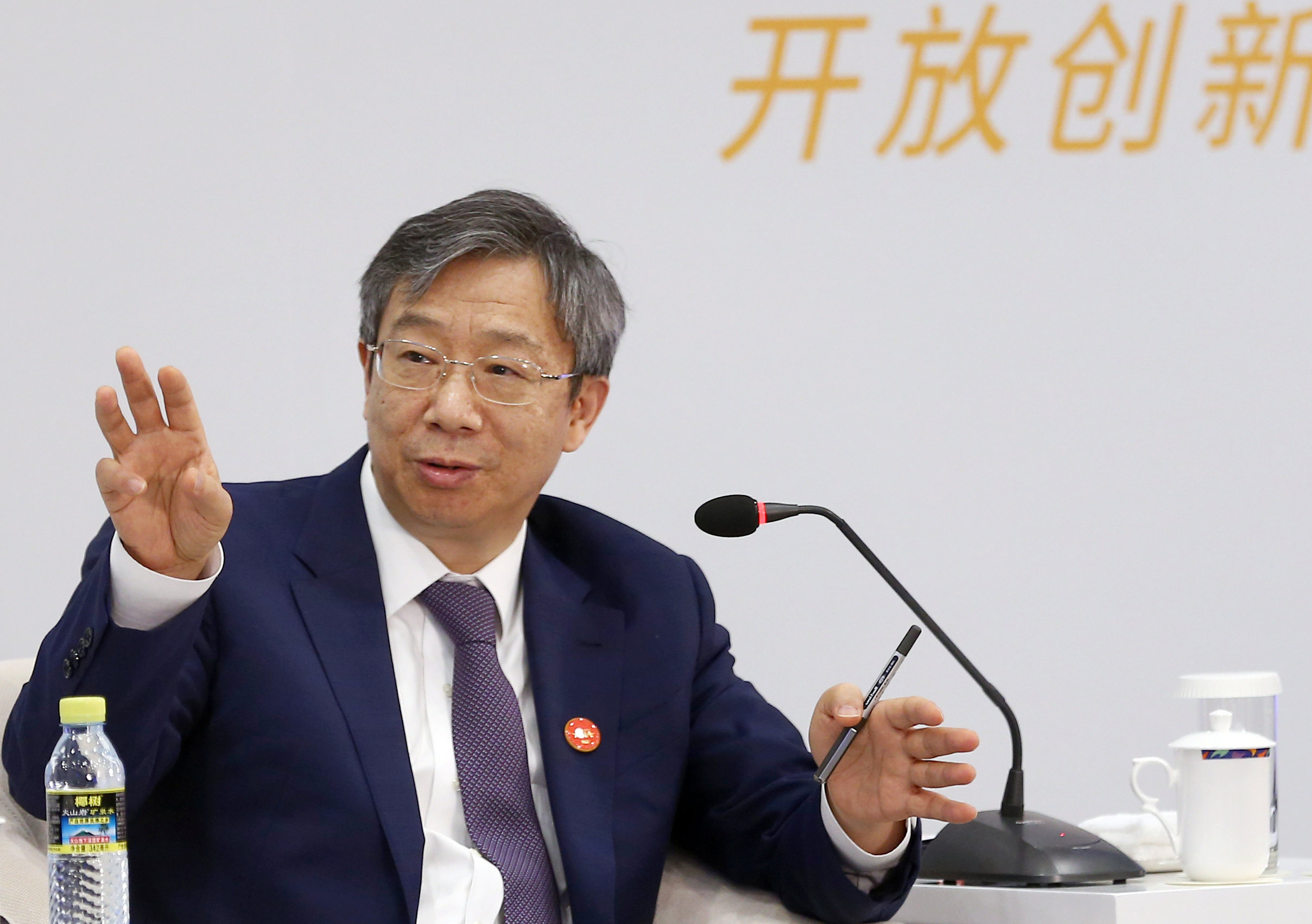China pledges to allow more foreign investment in financial sector by year-end
BOAO: China laid out a clearer timetable on Wednesday for opening its financial sector to more foreign investment by the end of 2018, as Beijing looks to fend off growing criticism from the United States and other trading partners that it unfairly limits competition.
People’s Bank of China (PBOC) Governor Yi Gang said China will allow foreign firms to compete on an equal footing with domestic companies in the financial sector, giving foreign banks more business scope in the country.
Though the specific details offered were mostly incremental and repeated past pledges, China for the first time said it would implement a number of the measures by the end of this year, with some steps promised to be in place as early as June.
They include allowing foreign firms to invest in trust companies, financial leasing, auto finance and consumer finance, plans that were announced last year. The PBOC also confirmed it aims to launch a planned trading link between its stock markets and London by end-2018.
Foreign businesses and China’s trading partners have long complained about a lack of implementation of reforms announced years earlier, and that outside firms continue to face unofficial restrictions even after some sectors have ostensibly been opened up.
China’s official pledges, made at the annual Boao Forum for Asia in southern Hainan province, echoed previous promises from Beijing to open the financial sector but comes at a time of heightened pressure on China from the United States over trade and access to its massive markets.
China will raise foreign ownership limits to 51 percent in securities, fund management, futures and life insurance companies “over the next few months”, the PBOC said on its website. The current ownership cap for securities, futures and fund management firms is 49 percent and the cap for insurance companies is 50 percent.
The gradual removal of those limits was first announced in November, when an official said the move would take effect immediately following the drafting of related rules.
President Xi Jinping promised on Tuesday to open the economy further and lower import tariffs on products like cars, in a speech seen as an attempt to defuse the increasingly bitter trade dispute with the United States and possibly open the way for the start of negotiations after both sides threatened tit-for-tat tariffs.
“The greater detail on the timing of implementation may indicate China’s desire to avoid an escalation in trade restrictions and to boost market confidence that the announced measures to open up the market will be adopted in practice,” credit rating agency Moody’s said in a note on Wednesday.
The government also will not set foreign ownership limits for investment in wealth management companies set up by commercial banks by the end of 2018, the PBOC said.
SKEPTICISM
While China’s stock markets rose following Yi’s pledge to further open the financial sector to foreign investors, there remains reason to be skeptical there will be big changes soon.
But despite a 2012 WTO ruling that China was discriminating against foreign payment card companies, no U.S. firm has yet been granted a license.
“China often promises a lot, but either because of policy or political opposition domestically, a lot of these reforms on foreign investment take awhile to take effect,” said Andrew Collier, managing director of Orient Capital Research in Hong Kong.
“We won’t know how far this is going to go until we see if there are any non-tariff barriers and how many (Chinese) firms are actually willing to sell themselves to foreign investors.”
Despite some gradual opening of China’s financial sector in recent years, foreign firms still only account for a tiny fraction of the market, and the new moves are unlikely to lead to significant changes as big state-invested companies have a commanding presence in those businesses.
China also said on Wednesday it would quadruple the daily quota for stock connect schemes linking mainland and Hong Kong markets, though the impact is expected to be limited as only a small fraction of daily quotas are being used by investors under the current cap.






